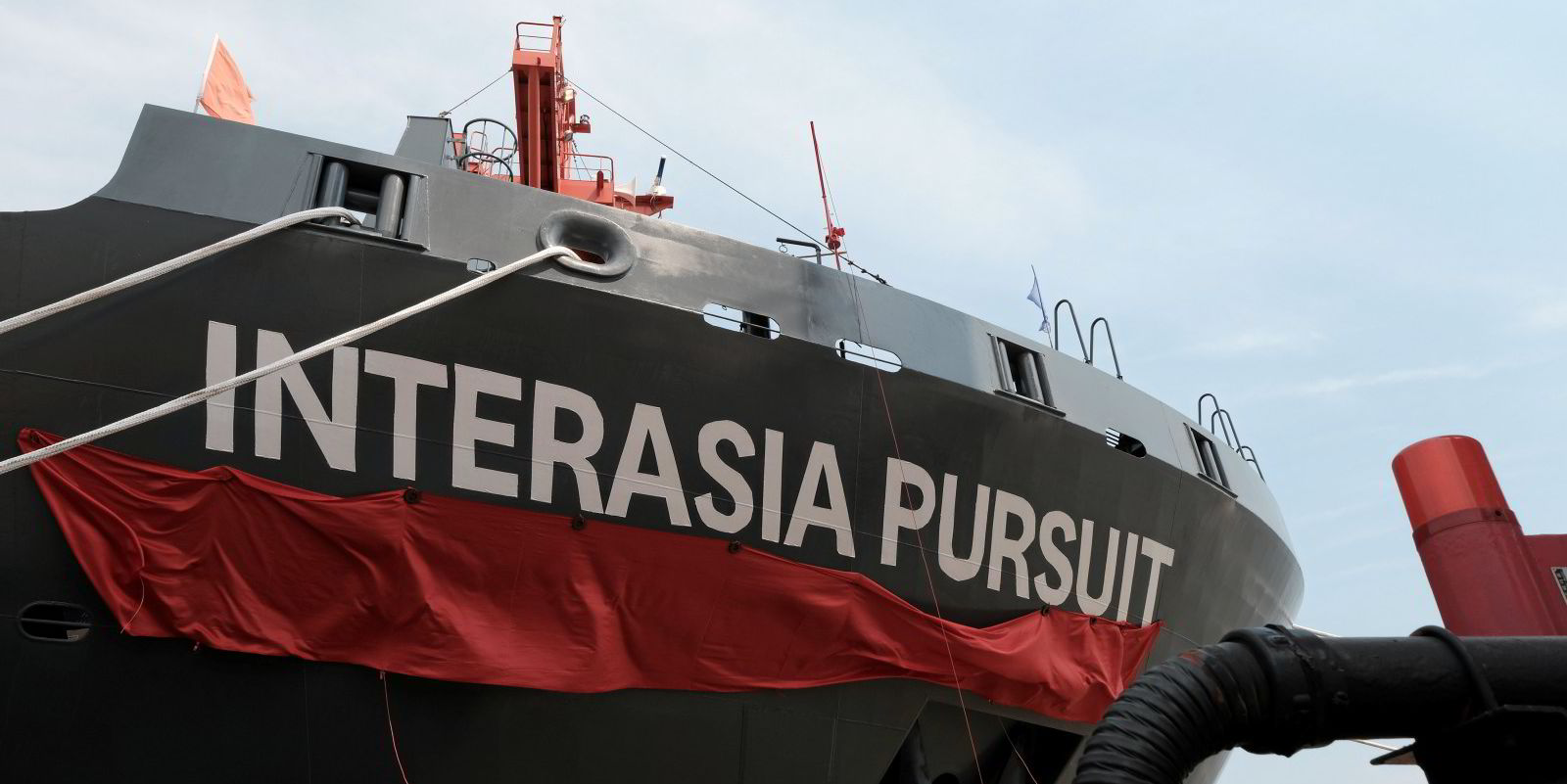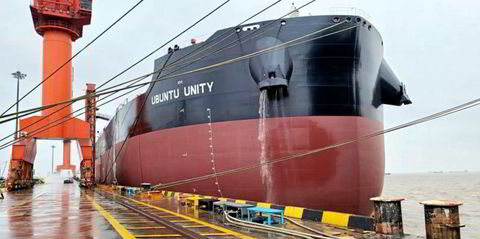Danish container line AP Moller-Maersk has hiked its annual profit forecast as the cash continues to roll in.
In a trading update, the shipowner revealed the first quarter had outdone expectations, with underlying Ebitda of $9.2bn from revenue of $19.3bn.
“The strong result is driven by the continuation of the exceptional market situation…which has led to a 7% decline in volumes and an average 71% increase in freight rates compared to Q1 2021,” Maersk said.
The company added that it expects the current record market, driven by port congestion, to continue in the second quarter.
This, combined with higher contracted rates, means the group now expects the whole of 2022 to be stronger than previously anticipated.
Maersk is now guiding for underlying Ebitda of $30bn this year, $6bn more than previously forecast.
The free cash flow will be more than $19bn, revised upwards from $15bn.
The forecasts remain based on the assumption that markets will normalise early in the second half, the group said.
Based on volume developments in the first quarter, Maersk has cut its outlook for global container demand from an expansion of between 2% and 4% to somewhere between a contraction of 1% and growth of 1%.
Rates trump volumes
Fearnley Securities said the analyst Ebitda consensus comes in at $8.1bn.
The investment bank said that macroeconomic headwinds are mounting.
But it pointed out that a $100-per-feu change in freight rates can alter profit by $1.4bn over a year, while a 100,000-feu change in volumes “only” accounts for a $100m alteration in earnings.
Maersk’s 7% decline in volumes should, therefore, have limited impact on performance as exceptional freight levels continue.
Biggest ever shipping profit
The world’s biggest listed shipping company posted record earnings for 2021, and the biggest ever by a shipowner, with Ebitda hitting $24bn.
Net profit in the first quarter of 2021 was $2.7bn, which was also the best ever in a three-month period. Revenue back then was $12.4bn.
There are signs that freight rates have been falling, however.
The Shanghai Containerized Freight Index dropped another 0.8% in the week to 22 April, and is currently at the same level as seen at the end of July 2021.





